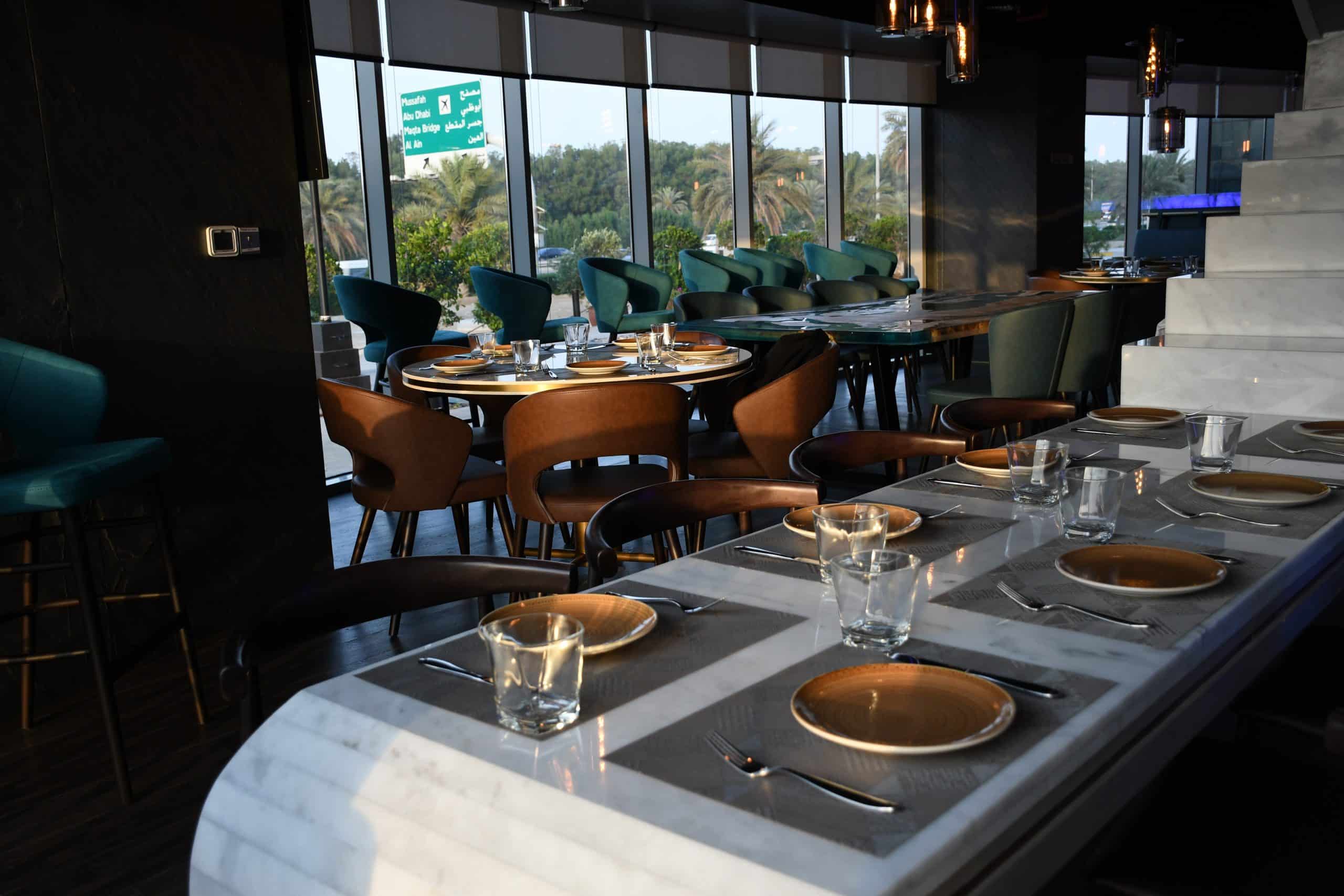As awareness of environmental issues continues to grow, more restaurateurs are seeking to reflect sustainability not only in their culinary offerings, but also in the very design and build of their spaces. An eco-friendly restaurant refurbishment can greatly enhance a brand’s image and appeal to environmentally conscious consumers.
As a contractor specialising in commercial fit-outs, understanding and utilising sustainable materials is key to achieving these green goals. Here’s a guide to some of the top sustainable materials that can be used in restaurant fit-outs.
Bamboo
Bamboo is an increasingly popular material, renowned for its sustainability credentials. It grows rapidly, reaching maturity in just a few years compared to decades for hardwoods, and its cultivation doesn’t require fertilizers or pesticides. Strong and durable, bamboo can be used for flooring, wall panelling, and furniture, providing a warm, natural aesthetic that is perfect for eco-friendly interiors.
Recycled Metals
Using recycled metals such as aluminium and steel in restaurant fit-outs not only reduces the demand on raw resources but also decreases energy consumption and greenhouse gas emissions associated with metal production. Recycled metals can be used for anything from structural elements to decorative features, offering versatility and modern appeal.
Reclaimed Wood
Reclaimed wood is another excellent choice for sustainable restaurant interiors. Sourcing wood from demolished buildings or unused structures not only prevents landfill waste but also provides a unique story for each piece. This wood can be used for flooring, bar tops, tables, and other furnishings, adding character and rustic charm to a restaurant.
Low-VOC Paints and Finishes
Volatile Organic Compounds are not only harmful to the environment but also to human health. Opting for low-VOC or VOC-free paints and finishes can significantly improve the indoor air quality of a restaurant. These products are now widely available and come in a variety of colours and finishes, meeting both aesthetic and health criteria.
Cork
Cork is a biodegradable material that is both renewable and recyclable. Harvested from the bark of the cork oak tree, which regenerates over time, cork is an excellent insulator and can be used in flooring and wall coverings. Its natural texture and comfort underfoot make it ideal for creating a welcoming, eco-friendly dining space.
Incorporating these sustainable materials into restaurant fit-outs not only supports environmental conservation efforts, but also sets a precedent for responsible business practices. By choosing eco-friendly materials, restaurants can significantly reduce their ecological footprint while enhancing the dining experience for their patrons.

